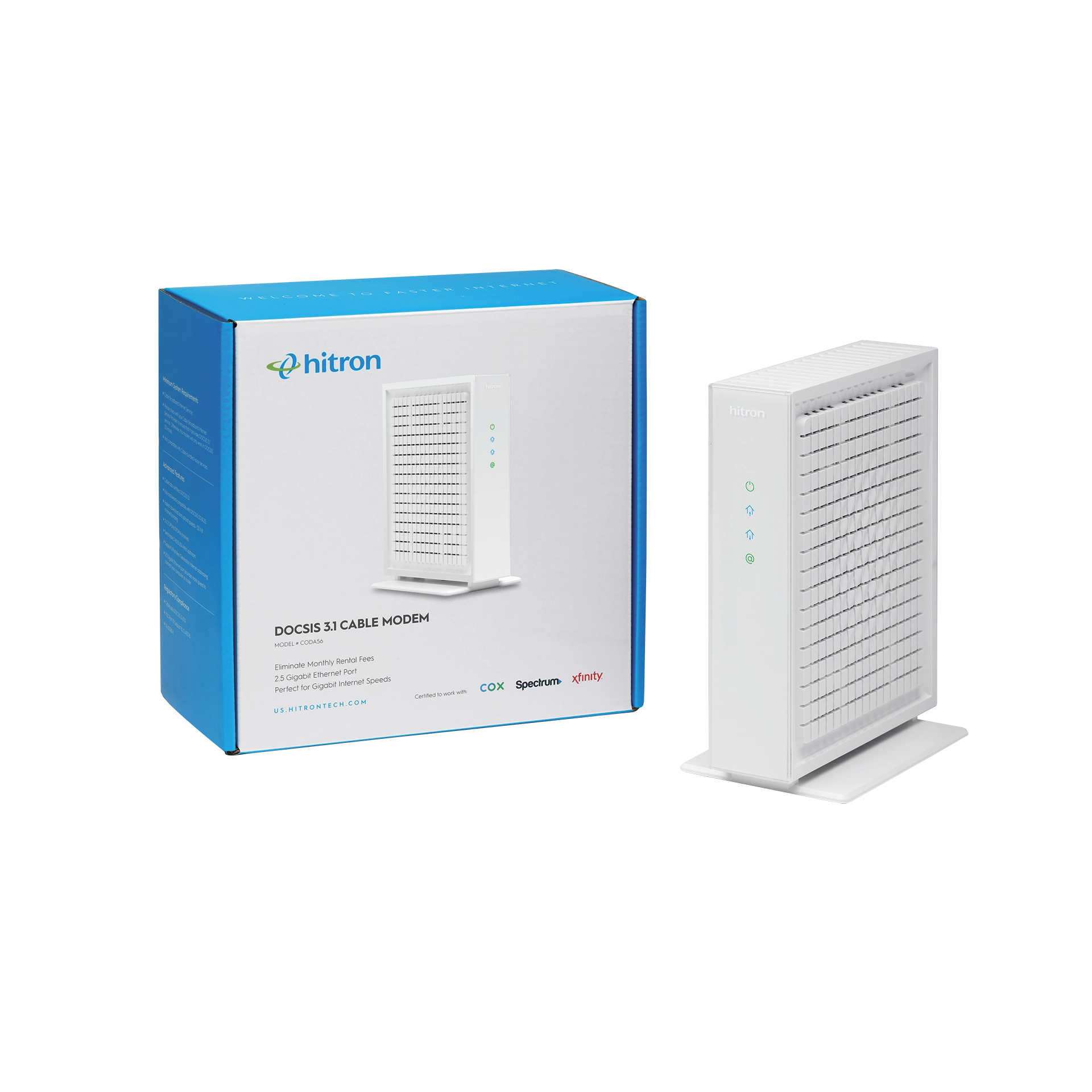Wireless Internet requires hardware. This hardware includes a modem and also a router. If you want to set up wireless Internet (Wi-Fi) in your home, you need these devices. We’ve covered what a modem is (including cable modems) so this page focuses on what a router is. Here is a quick guide on what you should know:
The Purpose of a Router
The purpose of a router is to get wireless Internet in your home or whatever space you are setting up Wi-Fi. A router is a critical device for your wireless network. A router’s purpose is to receive data from an ISP and translate it. However, a router does not communicate directly with the ISP, that is what a modem does. So, a router is a necessary “middleman” device so to speak. Because a router actually receives the data from a modem, which is the device directly communicating with an ISP.
A router forwards the translated data, communicating to the devices connected to your network. A router is like the central hub of your home network. Routers also direct your device’s Internet traffic to control congestion. This is why when too many devices connect to your Internet (in other words, connect to your router) your Internet slows down.
Why You Need a Router
You need a router if you want Wi-Fi in your home. While you need a modem to get Internet access from your Internet service provider (ISP) you need a router to take the data from the modem and translate it for your wireless devices. This is also known as sending a Wi-Fi signal to your devices.
Difference Between Routers & Modems
A modem (cable modem) directly communicates with the ISP. A router communicates across your local network via wired Ethernet or Wi-Fi connection. That’s the difference. You can have just a modem to get Internet access, but if you want Wi-Fi you need to pair it with a router to bring wireless Internet into your home.
While you can have them as separate devices, you can also get them combined as a modem router, or cable modem router. These modem/router combo devices are also known as gateways or wireless gateways. The combination offers convenience, but if you want more customization freedom, choose separate modem and router devices.
For more information on home networking solutions check out Hitron’s Learn Page.
